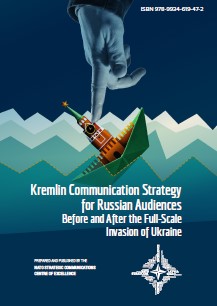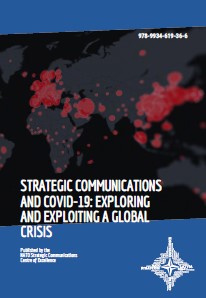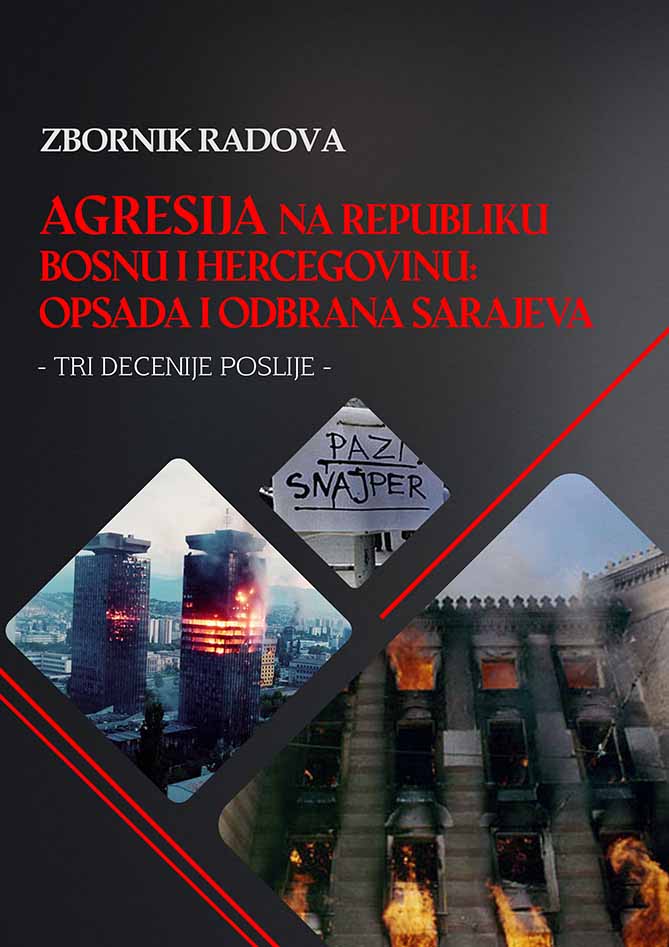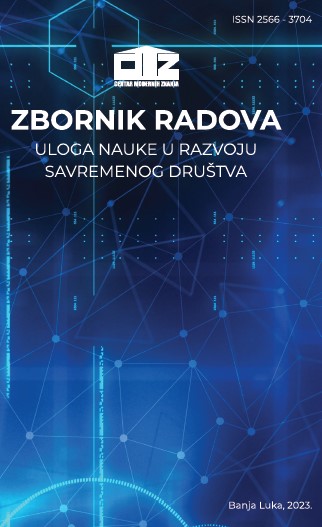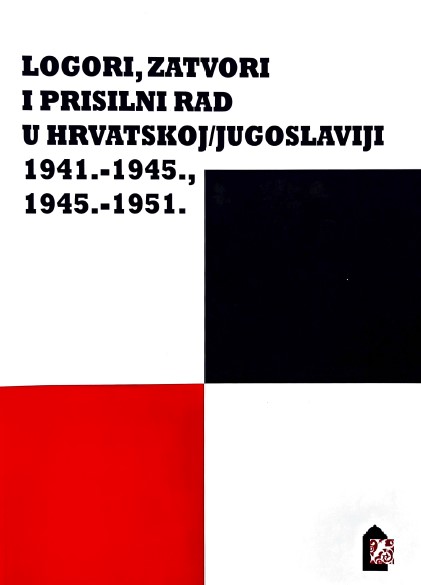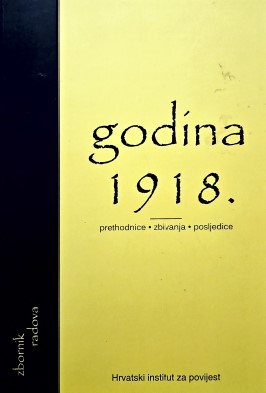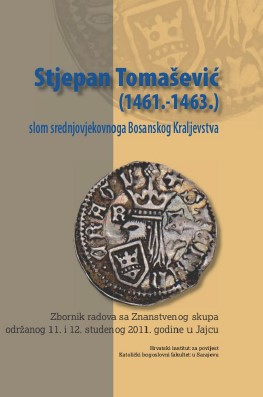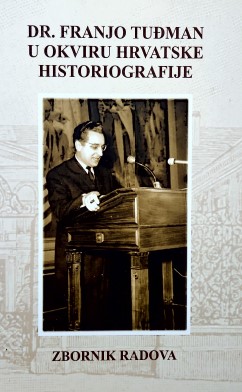Author(s): Krešimir Regan / Language(s): Croatian
Publication Year: 0
Banovina Hrvatska was Croatian nation’s political and territorial unit in the Kingdom of Yugoslavia that enjoyed a high level of autonomy from the central government. It was established on August 26, 1939 when Vladko Maček, the president of the Croatian Peasants’ Party and the representative of the Peasant-Democratic Coalition, signed an agreement with Dragiša Cvetković, the Prime Minister of the Kingdom of Yugoslavia and the representative of the Yugoslav Radical Union. By granting Croats this autonomy, the political circles in Belgrade with the regent Prince Pavle at the helm aimed to solve the question of Croatian national and territorial individuality in the Yugoslav state (the Croatian question), and thus give the Kingdom of Yugoslavia internal political stability in the circumstances of growingly tense political relations in Europe in the eve of World War II. The establishment of Banovina Hrvatska was the beginning of an internal political reform whose ultimate objective was to transform the Kingdom of Yugoslavia from a unitary country into a federation. In this project Dravska banovina was supposed to be converted into Banovina Slovenija with Slovenes as its dominant population, and the entire territory east of Banovina Hrvatska, in which the Serbs constituted the relative majority, was supposed to be joined into a political and territorial unit called The Serbian Territories. This plan had its opponents both on Serbian and on Croatian side. Croats felt that they had a historical right to Vrbaska banovina, as this territory had been a part of the Kingdom of Croatia throughout the Middle Ages, and they also felt that they had a right to entire Syrmia, as it had been a part of the former Austro-Hungarian Triune Kingdom of Croatia, Slavonia and Dalmatia until 1922. Serbs, on the other hand, felt that they had a historical right to the entire Bosnia and Herzegovina, Slavonia, and Dalmatia. Opponents of the reform assembled around the Serbian Cultural Club were especially active among the latter, and so were some officers of the Yugoslav Army, who brought down the Cvetković-Maček government in a coup on March 27, 1941, thus putting an end to the reform that had just begun. There is no dilemma that these events were the subject of Tuđman’s professional interest, but some of his close friends and political associates (Stipe Mesić, Josip Manolić, Dušan Bilandžić, Petar Kriste) and some of the journalists (Branko Tuđen, Tihomir Ponoš, Darko Hudelist, Marinko Čulić, and others) advocate the thesis that Banovina Hrvatska was an obsession for Tuđman, that he was burdened by historicism, Banovina Hrvatska in particular, that he moved into «the field of conservative Croatian ideology and politics» by «identifying» himself with Maček and by studying the agreement on Banovina Hrvatska, and that he had accordingly striven to set up the independent Republic of Croatia within the historical boundaries of Banovina Hrvatska in the first half of the 1990s.
More...
